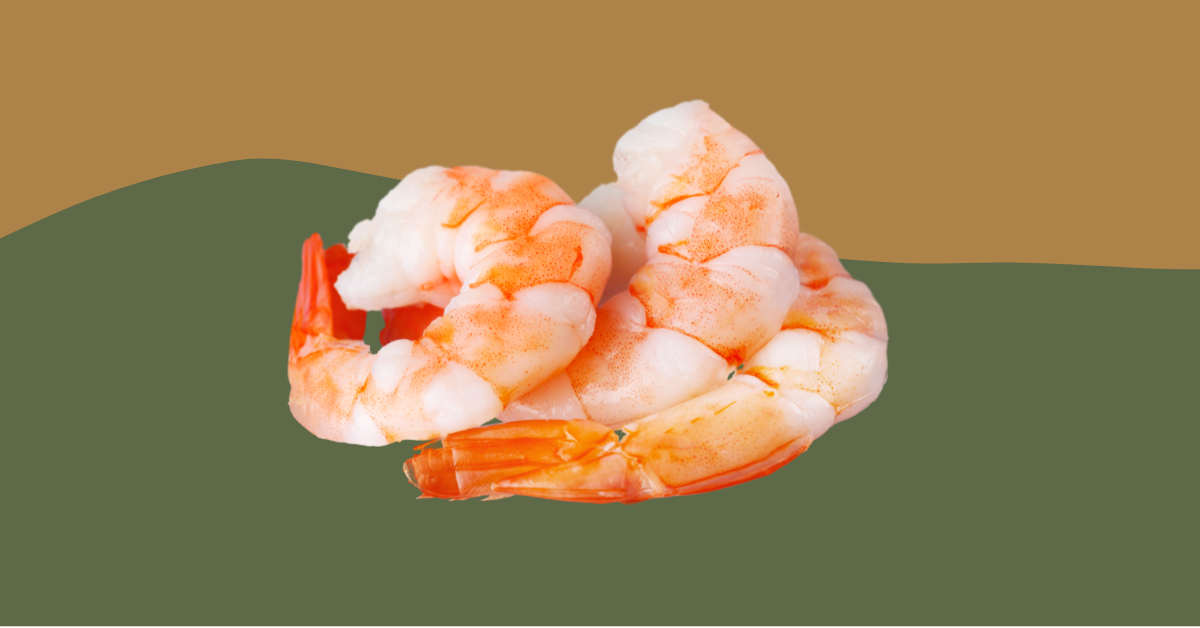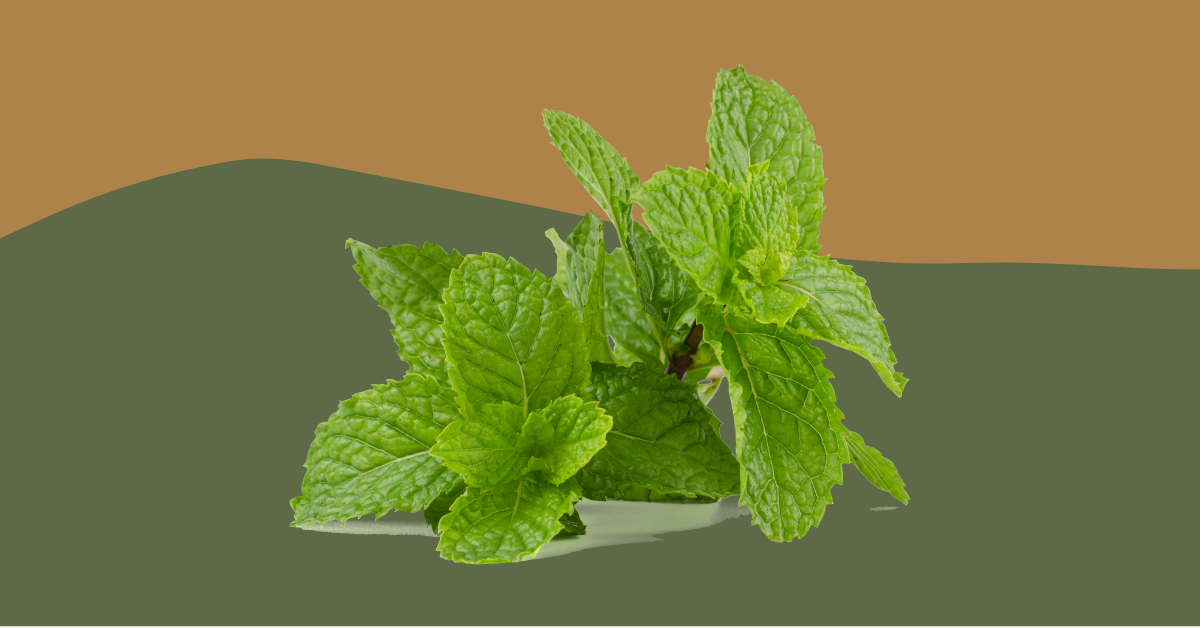Yes, bearded dragons can eat shrimp occasionally as a treat, but not as a staple of their diet. The portion size should be small, roughly the size of the dragon’s head, and cooked shrimp is preferable over raw.
Table of contents
Shrimp, an unusual yet potential food source, can be included in their diet but should be approached with caution. This article will provide the do’s and don’ts of feeding shrimp to bearded dragons, learn about bearded dragon care, a step-by-step preparation guide, and find answers to frequently asked questions.
Related Article: Bearded Dragon Care: Expert Tips and Insights
Do’s
- Do give shrimp as a treat: Shrimp is rich in protein and can be a tasty treat for your bearded dragon. However, it should only constitute a small part of their diet.
- Do cook the shrimp: Raw shrimp can contain harmful bacteria that could make your pet sick. Always cook the shrimp thoroughly before feeding.
- Do chop it small: The size of the food items should not be larger than the space between the bearded dragon’s eyes. This helps prevent choking.
Don’ts
- Don’t make it a staple: Shrimp is high in phosphorus, which can interfere with calcium absorption if given in large amounts over time.
- Don’t give whole shrimp to baby dragons: Baby dragons are more prone to choking hazards. Always cut the shrimp into tiny pieces suitable for their size.
- Don’t ignore signs of discomfort: If your bearded dragon shows signs of discomfort after eating shrimp, stop feeding it immediately.
Best Practices for Feeding Shrimp to Bearded Dragons
Following best practices when feeding your bearded dragon will ensure their safety and overall health. Here are some best practices to keep in mind:
- Moderation is Key: While shrimp can be a healthy treat providing protein for your bearded dragon, it should be given in moderation. Shrimp is high in phosphorus, which, in large quantities, can interfere with calcium absorption—a crucial mineral for bearded dragons.
- Fresh and Cooked Shrimp: Always ensure that the shrimp you’re offering is fresh and not spoiled. Spoiled shrimp can cause digestive problems and other health issues. Additionally, the shrimp should always be cooked thoroughly. Raw shrimp can contain harmful bacteria and parasites that could potentially make your bearded dragon ill. Boiling or steaming shrimp without any seasoning is ideal.
- Size Appropriateness: The size of the shrimp pieces you offer should be suitable for your bearded dragon. A good rule of thumb is to ensure that the shrimp pieces are not larger than the space between your bearded dragon’s eyes. Larger pieces can cause choking or digestion problems.
- Monitoring After Feeding: After feeding shrimp to your bearded dragon, it’s important to monitor their behavior for any signs of discomfort or allergic reactions. If you notice any changes in their behavior or droppings, it might be best to stop offering shrimp and consult with a veterinarian.
- Balanced Diet: Remember that shrimp is just one potential component of your bearded dragon’s diet. They also require a variety of vegetables, fruits, and insects to ensure they receive all the nutrients they need for optimal health. A bearded dragon’s diet should be about 80% plant-based and 20% protein, with shrimp making up a very small portion of that protein.
- Consult with a Veterinarian: If you’re ever unsure about introducing a new food into your bearded dragon’s diet, it’s always best to consult with a reptile-savvy veterinarian. They can provide guidance based on your pet’s specific needs and health status.
Related Article: Bearded Dragon Feeding Guide: Nutrition Tips
Step-by-Step Guide to Preparing Shrimp for Your Bearded Dragon
Step 1
Select Fresh Shrimp: Ensure that the shrimp is fresh and free from any signs of spoilage.
Step 2
Cook Thoroughly: Shrimp should be cooked thoroughly to kill any potential bacteria. Boiling or steaming without any seasoning is the best method.
Step 3
Cool Down: After cooking, allow the shrimp to cool down to room temperature.
Step 4
Chop into Suitable Sizes: Cut the shrimp into small, manageable pieces appropriate for your bearded dragon’s size.
Step 5
Serve Occasionally: Offer the shrimp as a treat, not as a staple in their diet.
Need Recommendations?
Here’s Our Top Amazon Picks
You may also like 📖
Frequently Asked Questions
How often can my bearded dragon eat shrimp?
Bearded dragons should only eat shrimp occasionally, perhaps once or twice a month, due to its high phosphorus content. Feeding shrimp too frequently may lead to health issues related to calcium absorption.
Can bearded dragons eat raw shrimp?
No, raw shrimp can carry harmful bacteria that can make your bearded dragon sick. Always cook the shrimp thoroughly before offering it to your dragon to ensure that any potential bacteria are eliminated.
Can shrimp replace insects in my bearded dragon’s diet?
No, shrimp cannot replace insects. Insects should make up the majority of the protein in your bearded dragon’s diet, as they provide essential nutrients and have the appropriate calcium to phosphorus ratio. Shrimp should only be offered as an occasional treat.
Is it okay for baby bearded dragons to eat shrimp?
Yes, but with caution. Baby bearded dragons can eat shrimp as long as it is cooked and cut into very small, manageable pieces. However, baby dragons have higher protein requirements and should primarily be fed insects, with shrimp given sparingly as a treat.
What other protein sources can I offer my bearded dragon?
In addition to shrimp, bearded dragons can enjoy other protein sources such as crickets, mealworms, dubia roaches, and superworms. It’s important to provide a variety of protein sources to ensure your bearded dragon receives all necessary nutrients for optimal health.
Conclusion and final thoughts 💭
While bearded dragons can eat shrimp, it’s crucial to remember that moderation is key. Shrimp should only be given as an occasional treat due to its high phosphorus content, which can interfere with calcium absorption if given too frequently.
Always cook shrimp thoroughly to avoid the risk of bacterial contamination, and provide a balanced diet consisting of insects, vegetables, and fruits to ensure your bearded dragon’s overall health and well-being.
Looking for more? Here’s our roadmap:
General Bearded Dragon Pet Owners Guide
Bearded dragons are native to the arid regions of Australia and are known for their unique beard-like appearance. As pets, they have become increasingly popular due to their friendly and inquisitive nature, making them an ideal choice for reptile enthusiasts. Bearded dragons are diurnal, meaning they are active during the day, and their average lifespan ranges from 8 to 12 years, with proper care. When considering adopting a bearded dragon, it’s essential to be prepared for a long-term commitment and be well-informed about their care requirements.
One of the most crucial aspects of bearded dragon care is providing an appropriate enclosure. Adult bearded dragons thrive best in a 20 to 50-gallon tank, but a larger enclosure is always better. It’s important to always keep the tank clean. The tank should have a basking area with a temperature range of 95-110 degrees Fahrenheit, as well as a cooler area with a temperature between 75-85 degrees Fahrenheit. In addition, bearded dragons need access to UVB lighting to help them synthesize vitamin D3 and properly metabolize calcium, which is vital for their bone health.
A balanced diet is essential for a healthy bearded dragon. Their dietary requirements change throughout their life stages; juvenile bearded dragons need a higher protein intake, with insects making up around 80% of their diet and the remaining 20% consisting of vegetables and fruits. As they grow into adults, their diet should consist of approximately 20% insects and 80% vegetables and fruits. It’s important to offer a variety of food items to ensure they receive all the necessary nutrients, and to dust their food with calcium and multivitamin supplements as recommended by a reptile specialist or veterinarian.
Regular interaction and observation of your bearded dragon are vital for maintaining their well-being. Handling your pet gently and frequently can help build trust and strengthen your bond. Monitor your bearded dragon’s behavior, appetite, and overall health to detect any potential issues early on. If you notice any signs of illness, such as lethargy, loss of appetite, or irregular bowel movements, consult a reptile specialist or veterinarian for guidance. Proper care, feeding, and attention will ensure your bearded dragon remains a happy and healthy companion for years to come.







Leave a Reply